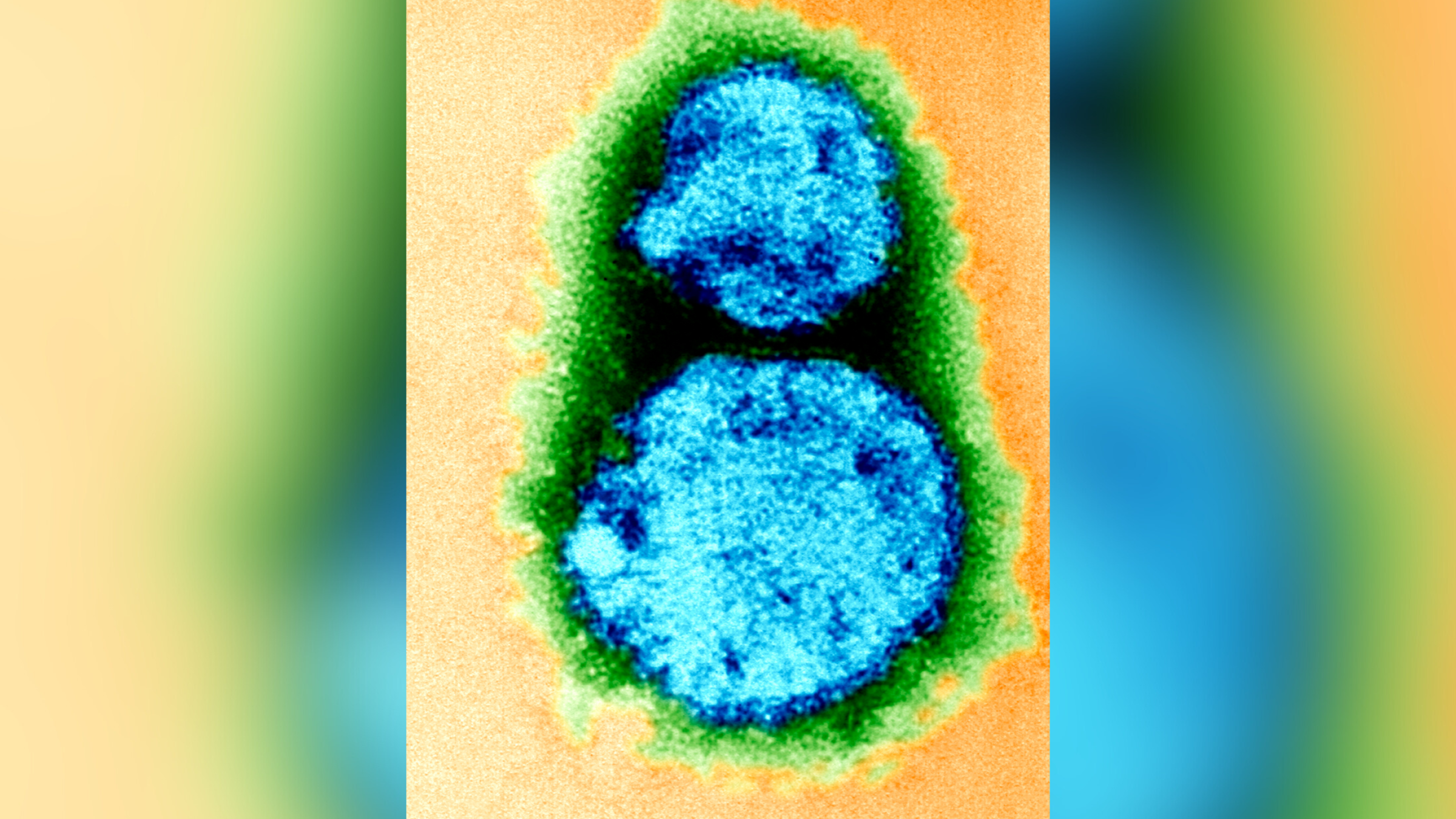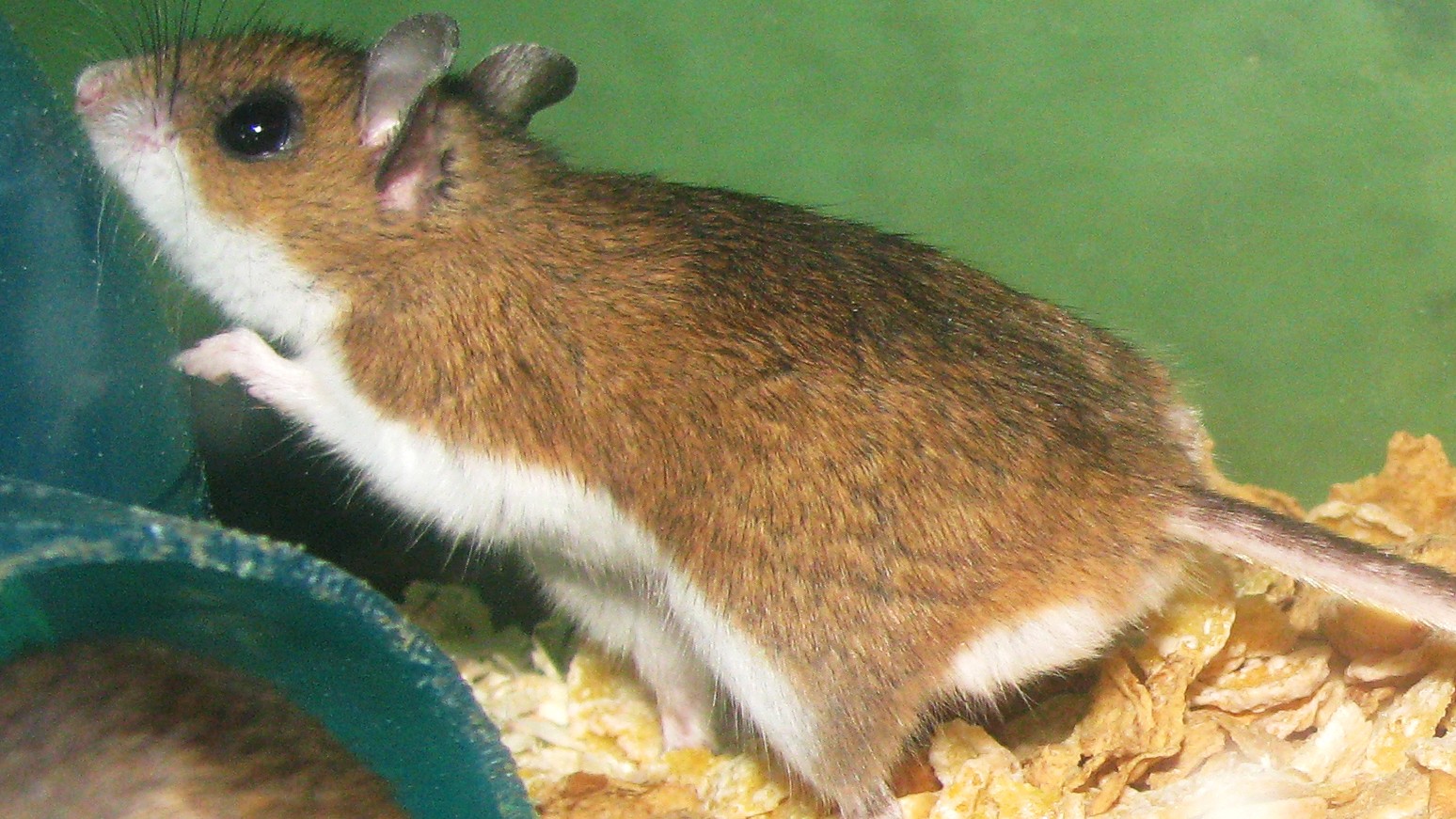What is hantavirus? The rare but deadly respiratory illness spread by rodents
Hantaviruses are spread by rodents and can cause deadly respiratory and kidney illnesses in humans. One of these illnesses recently killed Betsy Arakawa, actor Gene Hackman's wife, in a widely covered case.

Disease name: Hantavirus disease
Affected populations: Hantavirus disease is a rare but potentially deadly respiratory illness that is caused by a family of viruses known as hantaviruses. These viruses, which are found worldwide, are typically carried and spread by rodents, such as rats and mice.
Between 1993 and 2022, 864 cases of hantavirus disease were reported in the United States. New Mexico reported the highest number of cases, at 122, followed by Colorado (119) and Arizona (86).
Given that rodents spread hantaviruses, people who are more likely to encounter these animals have a greater chance of developing hantavirus disease. This includes forestry workers, farmers and trappers, for example.
Related: Arizona woman dies from rare rodent-borne virus
Causes: Humans can develop hantavirus disease after being exposed to the urine, droppings or saliva of infected rodents. This can happen if a person rubs their eyes after touching infected urine. A person may also breathe in hantaviruses that have become airborne because someone disrupted debris containing infected animal droppings; this might happen if a person cleans a barn or a cabin, for instance.
On rare occasions, people may develop hantavirus disease after being bitten by an infected rodent,
Sign up for the Live Science daily newsletter now
Get the world’s most fascinating discoveries delivered straight to your inbox.
Once inside the body, hantaviruses can cause two types of serious infections: hantavirus pulmonary syndrome (HPS) and hemorrhagic fever with renal syndrome (HFRS). Hantaviruses in Europe, Asia and Africa are more likely to cause the latter disease, while those in the Americas often trigger severe respiratory disease instead.
Hantaviruses cannot be spread from person to person; they can only be contracted from infected animals or their bodily fluids and excretions.

Symptoms: Symptoms of HFRS usually start to develop within two to four weeks after a person contracts a hantavirus, and they include fever, headache, gastrointestinal issues, kidney dysfunction and, in more serious cases, internal bleeding. The severity of HFRS depends on which hantavirus has caused the infection, with case fatality rates ranging considerably, between 1% and 15%.
Meanwhile, symptoms of HPS can take up to eight weeks to emerge. Common early symptoms are fever, chills and fatigue, which can later progress to more deadly organ dysfunction and respiratory issues. Approximately 38% of patients who develop respiratory symptoms of HPS die from the disease.
Treatments: There is no cure for hantavirus disease, so treatment usually focuses on managing a patient's symptoms. For instance, doctors may provide a patient breathing support if they have respiratory issues, or dialysis if their kidneys are too damaged to properly filter blood.
To reduce exposure to hantaviruses in the first place, the Centers for Disease Control and Prevention (CDC) recommends that people eliminate or minimize their contact with wild rodents. They can do this by sealing any holes or gaps in their houses or garages to prevent rodents from entering, or by using traps when rodents have already infiltrated, for example.
Recent cases: In February 2025, the American classical pianist and businesswoman Betsy Arakawa, who was also the wife of actor Gene Hackman, reportedly died from HPS.
Disclaimer
This article is for informational purposes only and is not meant to offer medical advice.

Emily is a health news writer based in London, United Kingdom. She holds a bachelor's degree in biology from Durham University and a master's degree in clinical and therapeutic neuroscience from Oxford University. She has worked in science communication, medical writing and as a local news reporter while undertaking NCTJ journalism training with News Associates. In 2018, she was named one of MHP Communications' 30 journalists to watch under 30. (emily.cooke@futurenet.com)
You must confirm your public display name before commenting
Please logout and then login again, you will then be prompted to enter your display name.










